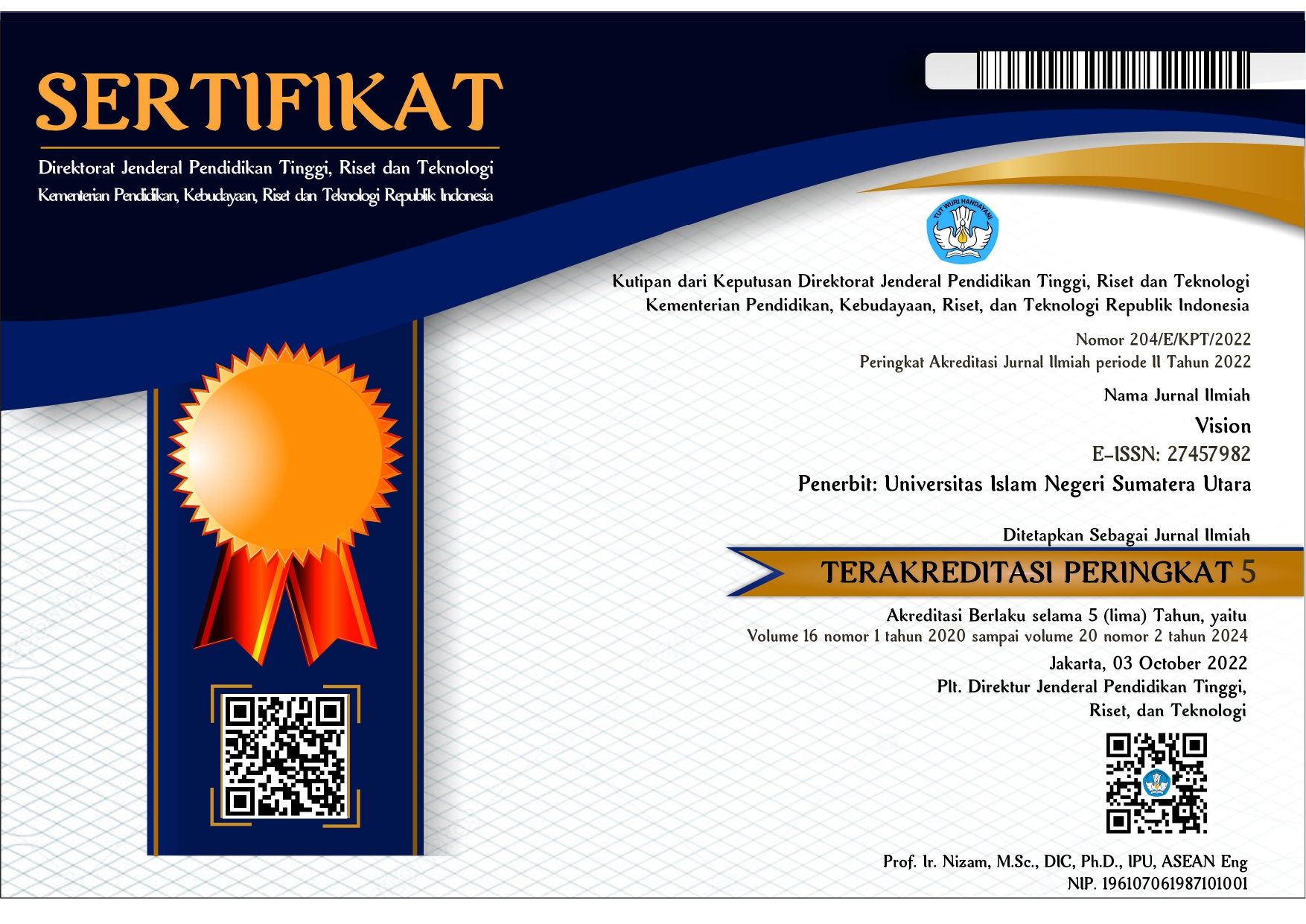THE CHALLENGES AND SOLUTIONS OF TRANSLATING PUNS AND JOKES FROM ENGLISH TO INDONESIAN
Abstract
Translating puns and jokes is often perceived as the most
challenging task in translation field. The difficulties of
translating puns emerge because the sense of humor in the
puns and jokes can be disappeared after being translated into
the target language. This study aims to see the challenges that
English Education Department’s students have as well as the
solutions they can implement in translating puns from English
to Indonesian. This study applies qualitative method with
content analysis technique. The data were generated from the
translation products of puns translated by English Education
Department students. The data were then analyzed by using
reader-response technique to find out the readers’ response
toward the puns and jokes that have been translated into
Indonesian. After analyzing the data, the results indicate that
most students experienced difficulties to translate the puns
from English to Indonesia. The biggest challenge that the
students encountered is not only in translating the cultural
humor, but also in translating the linguistic humor and the
universal humor. Students who implement free translation
method and domesticating ideology were able to produce a
better target language oriented translation to let the readers
understand the humor behind the puns and the jokes they read.
These findings suggest that the solution to the challenge of
translating puns is that students should use free translation and
domesticating ideology in translating cultural text, such as
puns and jokes.
Full Text:
PDFReferences
Barros, J.G. (2015). The translation of Humour in English Comedy Series. Barcelona: Universitat Autonoma de Barcelona.
Creswell, J.W. (1994). Research design: Qualitative & Quantitative Approaches. Thousand Oaks, CA: Sage Publications.
Jabbari, A.A. & Ravizi, Z. N. (2012). Dubbing Verbally Expressed Humor: An Analysis of American Animation in Persian Context. International Journal of Humanities and Social Sciences, 5 (2).
Juan José Martínez-Sierra (2006) TRANSLATING AUDIOVISUAL HUMOUR. A CASE STUDY, Perspectives: Studies in Translatology, 13:4, 289-296.
Merriam, S.B. (1988). Case Study Research in Education: A qualitative Approach. San Francisco: Jossey-Bass.
Mohammed H. Al Aqad, Ahmad Arifin Bin Sapar, Mohammad Bin Hussin, Ros Aiza Mohd Mokhtar & Abd Hakim Mohad (2019) The English Translation of Arabic Puns in the Holy Quran, Journal of Intercultural Communication Research, 48:3, 243-256.
Newmark, P. (1988). A Textbook of Translation. Hertfordshire: Prentice Hall.
Raphaelson-West, D. (1981). On the feasibility and strategies of translating humour. Meta Translator’s Journal, 34 (1): 128-141.
Venuti, L. (1995). The Translator’s Invisibility. A History of Translation. London: Routledge.
Yuliasri, I. (2017). Translator’s censorship in English-Indonesian Translation of Donald Duck Comics. Semarang: Semarang State University Indonesia.
DOI: http://dx.doi.org/10.30829/vis.v16i2.807
Refbacks
- There are currently no refbacks.
Copyright (c) 2020 VISION
















